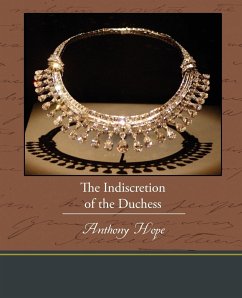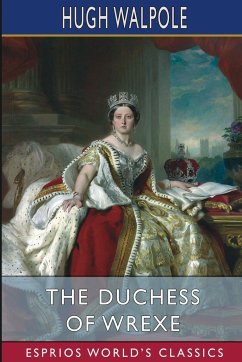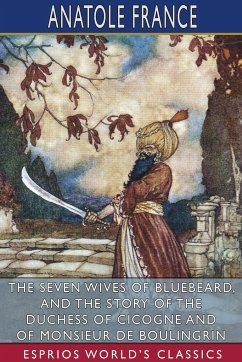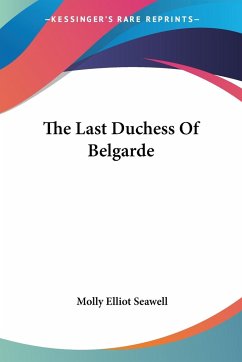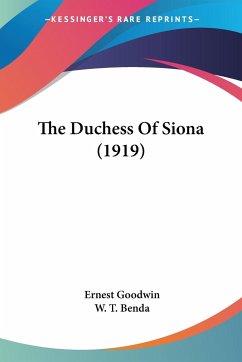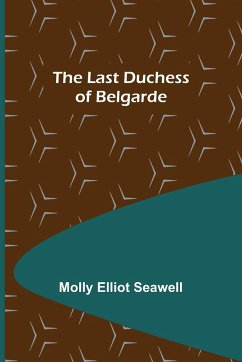Nicht lieferbar
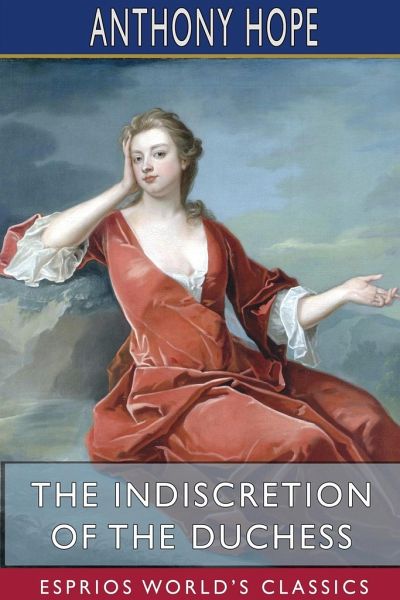
The Indiscretion of the Duchess (Esprios Classics)
Versandkostenfrei!
Nicht lieferbar
Sir Anthony Hope Hawkins, better known as Anthony Hope (9 February 1863 - 8 July 1933), was an English novelist and playwright. He was a prolific writer, especially of adventure novels but he is remembered predominantly for only two books: The Prisoner of Zenda (1894) and its sequel Rupert of Hentzau (1898). These works, "minor classics" of English literature, are set in the contemporaneous fictional country of Ruritania and spawned the genre known as Ruritanian romance, works set in fictional European locales similar to the novels. Zenda has inspired many adaptations, most notably the 1937 Ho...
Sir Anthony Hope Hawkins, better known as Anthony Hope (9 February 1863 - 8 July 1933), was an English novelist and playwright. He was a prolific writer, especially of adventure novels but he is remembered predominantly for only two books: The Prisoner of Zenda (1894) and its sequel Rupert of Hentzau (1898). These works, "minor classics" of English literature, are set in the contemporaneous fictional country of Ruritania and spawned the genre known as Ruritanian romance, works set in fictional European locales similar to the novels. Zenda has inspired many adaptations, most notably the 1937 Hollywood movie of the same name. Hope wrote 32 volumes of fiction over the course of his lifetime and he had a large popular following.






